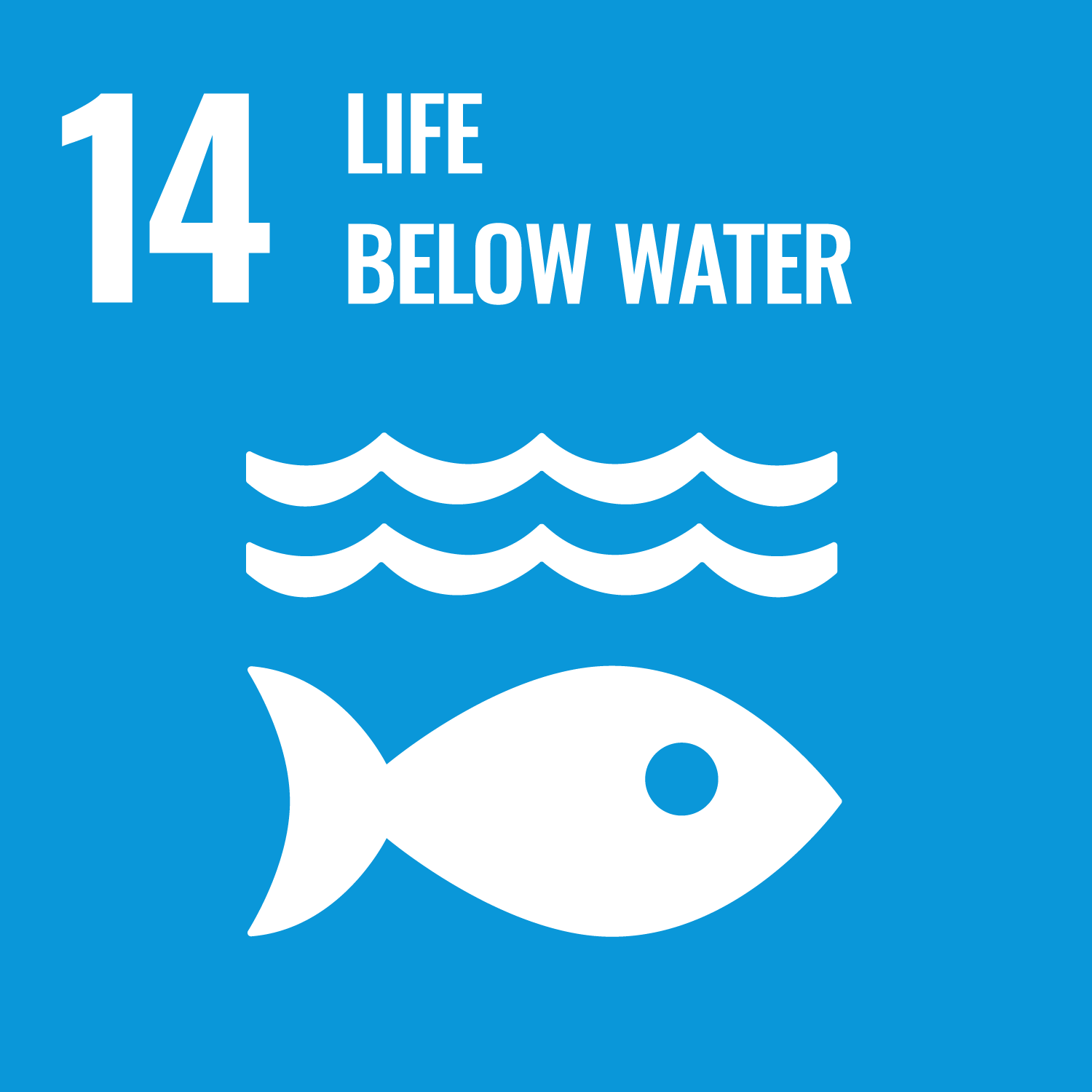With changes in the social environment, employment system, and sense of values, career design, in which one independently
thinks and designs one's own life, is gaining importance. In this class, students will learn about career design and the application
of university studies to society. In particular, to understand how the academic field of life science is applied to society,
case studies of alumni and alumnae who are active in society will be introduced.
To acquire the knowledge, mindset, and skills necessary to define what you want to be in the future and the goals you want
to achieve, and to design a course of action.
- Be able to design your own future career
- Be able to explain the development of the life science discipline in society
- Be able to imagine what you will be doing in the laboratory you will belong to in your fourth year.
| Report | Total. | |
|---|---|---|
| 1. | 35% | 35% |
| 2. | 35% | 35% |
| 3. | 30% | 30% |
| Total. | 100% | - |
| Class schedule | HW assignments (Including preparation and review of the class.) | Amount of Time Required | |
|---|---|---|---|
| 1. | Guidance, Lecture on "What is career design" | Report writing | 190minutes |
| 2. | The practice of career design | Report writing | 190minutes |
| 3. | Job Selection (industry and occupation selection, internship, job search) | Report writing | 190minutes |
| 4. | Generic Skills Development | Report writing | 190minutes |
| 5. | Graduate School (Outline of the Department of Systems Science and Engineering, Research Activities and Life of Graduate Students) | Report writing | 190minutes |
| 6. | Development of university study/research activities into society 0 (How to expand your studies in Department of Bioscience and Engineering to major companies) | Report writing | 190minutes |
| 7. | Development of university study/research activities into society 1 (introduction of case studies of research activities, alumni, etc.) | Gathering information about the laboratory in advance, Report writing | 190minutes |
| 8. | Development of university study/research activities into society 2 (introduction of case studies of research activities, alumni, etc.) | Gathering information about the laboratory in advance, Report writing | 190minutes |
| 9. | Development of university study/research activities into society 3 (introduction of case studies of research activities, alumni, etc.) | Gathering information about the laboratory in advance, Report writing | 190minutes |
| 10. | Development of university study/research activities into society 4 (introduction of case studies of research activities, alumni, etc.) | Gathering information about the laboratory in advance, Report writing | 190minutes |
| 11. | Development of university study/research activities into society 5 (introduction of case studies of research activities, alumni, etc.) | Gathering information about the laboratory in advance, Report writing | 190minutes |
| 12. | Development of university study/research activities into society 6 (introduction of case studies of research activities, alumni, etc.) | Gathering information about the laboratory in advance, Report writing | 190minutes |
| 13. | Development of university study/research activities into society 7 (introduction of case studies of research activities, alumni, etc.) | Gathering information about the laboratory in advance, Report writing | 190minutes |
| 14. | Development of university study/research activities into society 8 (introduction of case studies of research activities, alumni, etc.) | Attendance at the Undergraduate Thesis Research 1/2 presentation, Report writing | 190minutes |
| Total. | - | - | 2660minutes |
The evaluation will be based on the reports given in each class. 60 points out of 100 points is required for students to have
submitted at least 2/3 of the report assignments.
| ways of feedback | specific contents about "Other" |
|---|---|
| The Others | 担当教員により対応が異なる. |
- First semester
Nakamura: Thursday lunch break, naoko@shibaura-it.ac.jp - Second semester
Azham:
- Course that cultivates an ability for utilizing knowledge
| Work experience | Work experience and relevance to the course content if applicable |
|---|---|
| N/A | N/A |






- 3.GOOD HEALTH AND WELL-BEING
- 4.QUALITY EDUCATION
- 7.AFFORDABLE AND CLEAN ENERGY
- 9.INDUSTRY, INNOVATION AND INFRASTRUCTURE
- 12.RESPONSIBLE CONSUMPTION & PRODUCTION
- 14.LIFE BELOW WATER
Last modified : Tue Sep 17 18:18:37 JST 2024
